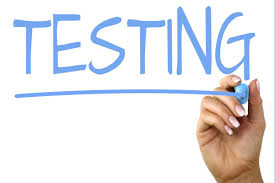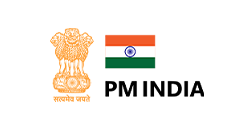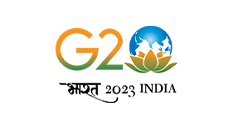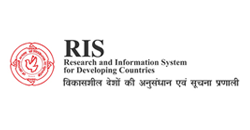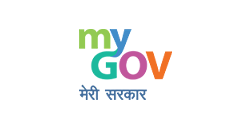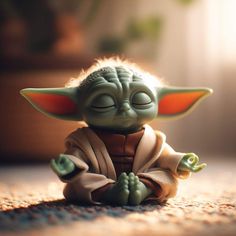South Sudan
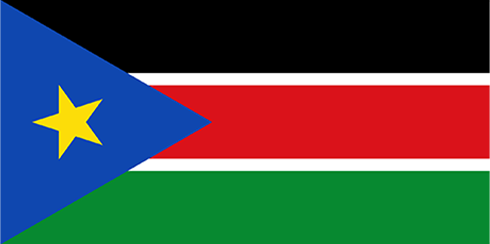
South Sudan
South Sudan gained independence from Sudan on 9 July 2011, following a referendum in January, 2011. India was one of the first countries to recognize independent South Sudan. South Sudan and India have always enjoyed cordial and friendly relations. India's trade with South Sudan is sparse. The main items of Indian imports from South Sudan are oil and timber, whereas India's exports mainly comprise consumer and household goods, food items, pharmaceuticals, motor cycles and three wheelers.
Cooperation to tackle the challenge of COVID-19 pandemic.
Government of India has supplied 132,000 covishield Covid-19 vaccine doses in March 2021 under Covax scheme to fight against Covid-19.
Development Cooperation (Grants/ Loans/ Assistance)
-
In 2008, India donated US$ 100,000 worth of tents and medicines for flood victims to be shared between Sudan and South Sudan. In February 2020, a consignment of life saving drugs worth Rs 6.88 million (approx. USD1,00,000) was donated to the flood affected people of South Sudan. In December 2020, Government of India donated 70 Metric Tons of food aid consisting of wheat flour, rice and sugar to the flood affected people of South Sudan. In April, 2021, Government of India gifted 6 Metric Tons of life-saving essential medicines to South Sudan.A 6-week Artificial Limbs (Jaipur Foot) Fitment Camp was organized by India at Juba Military Hospital at the cost of approx. USD 1,80,000 in June-July 2022.
Cooperation in Education/Scholarships/Capacity Building Other Exchanges
-
India offered South Sudan 200 ITEC slots for the year 2018-19 and all of them were utilized. Due to heavy demand and popularity of the Indian capacity building courses among government officials and students in South Sudan, the Ministry decided to increase the slots to 240 from 2019-20. In the aftermath of COVID pandemic, many training courses are being conducted online within the Mission premises, some of which are in high demand in South Sudan. Under the ITEC programme, a lady diplomat Ms. Adiang from the local Foreign office had undergone a yoga training course for three months at Bengaluru. She has become the first India trained yoga teacher in the country.For the academic year 2019-20, ICCR allocated 15 scholarships for South Sudan for higher studies in India and all the slots have been utilized. During 2013-2019, a total of 46 South Sudanese students have been granted ICCR scholarships. Covid restrictions have affected travel of students to India for study under ICCR Scholarships in 2020-21.Police Training Courses: 50 officers of South Sudan Police Force attended specialized courses in India in 2018 and 2019.In 2016, under country specific programme, 15 diplomats of South Sudan Foreign Ministry attended a specialized course at Foreign Service Institute of India, in New Delhi. In 2017 and 2019 one diplomat was accommodated by FSI each year in the Professional Course for Foreign Diplomats. In May 2022, Thirty-one South Sudanese diplomats were trained in SSIFS, New Delhi (twenty-nine diplomats travelled to India and two joined from the South Sudanese Embassy in New Delhi).Pan Africa E-network: An MoU has been signed on 7 July 2022 between TCIL and Government of South Sudan for online training in education (e-Vidya Bharti or e-VB) and health (e-Arogya Bharti or e-AB) as part of Pan Africa e-Network (IAFS-III, 2015) viz., e-VBAB. The e-VB has already commenced.South Sudanese prefer to travel to India for medical treatment, given that top class medical treatment facilities in India are much more affordable compared to other countries. On an average, India has been issuing 200 medical visas every year since 2015. Local insurance companies and India-based medical tourism promoting companies have been assisting their clients to get treatment at hospitals in Delhi, Gurugram, Mumbai, Bengaluru, Chennai, Hyderabad, etc.
Special Endeavour: The United Nations Mission in South Sudan (UNMISS)
The United Nations Mission in South Sudan (UNMISS) was established based on a UNSC resolution in 2011. India has provided a contingent of over 2,300 defense personnel for the peacekeeping operations in South Sudan. To empower women of South Sudan, the peacekeepers have taught them methods of growing vegetables and pulses and also ways to produce clean milk from cattle. The battalion in Bor(Jonglei State) installed community solar lights in villages for the benefit of students to enable them to study at night as also for security reasons. Indian army engineers under UNMISS in Malakal re-laid the airstrip, repaired flood affected roads and renovated the defunct Government Hospital in Malakal. In 2013, seven soldiers of the Indian peacekeeping battalion made the supreme sacrifice in the cause of peace in two different attacks in Jonglei State.
